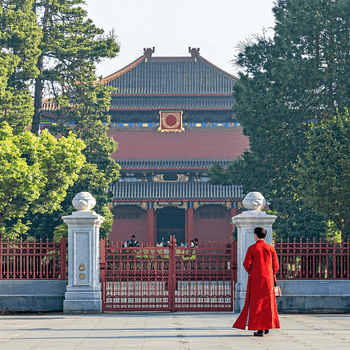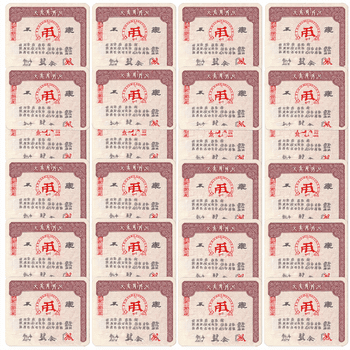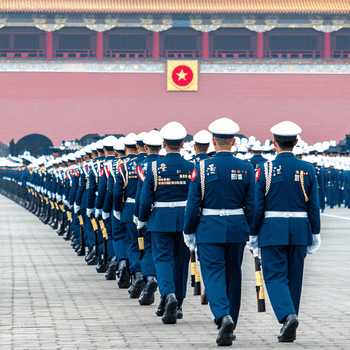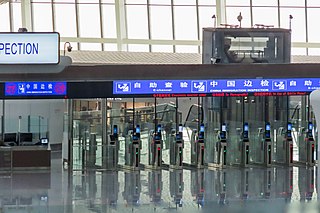
大兴边检
This blog post explores the various improvements and their impact on the booming of China’s tourism industry.
China has long been a fascinating destination for travelers worldwide, offering a rich tapestry of history, culture, and natural beauty. Recently, the country has seen a significant surge in inbound tourism, thanks to a series of enhanced services aimed at making travel more convenient and enjoyable for foreign visitors.
Streamlined Visa Processes
One of the most significant changes has been the streamlining of visa processes. China has introduced online visa applications and extended visa-free transit policies for travelers from several countries.
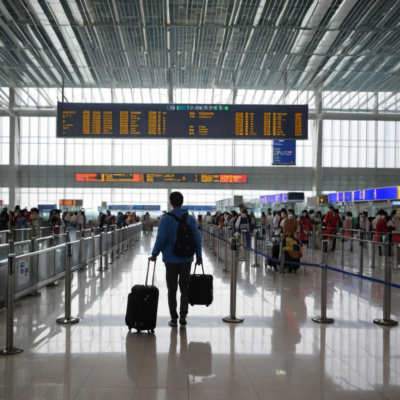
These measures have made it easier for tourists to plan their trips without the hassle of lengthy visa procedures.
Key Benefits:
- Faster processing times
- Reduced paperwork
- Increased accessibility for short-term travelers
Improved Transportation Infrastructure
China’s transportation infrastructure has seen remarkable advancements, making it easier for tourists to navigate the country. High-speed trains, expanded metro systems, and improved airport facilities are just a few examples of these enhancements.
High-Speed Trains
The high-speed rail network in China is one of the most extensive in the world, connecting major cities and tourist destinations with ease.
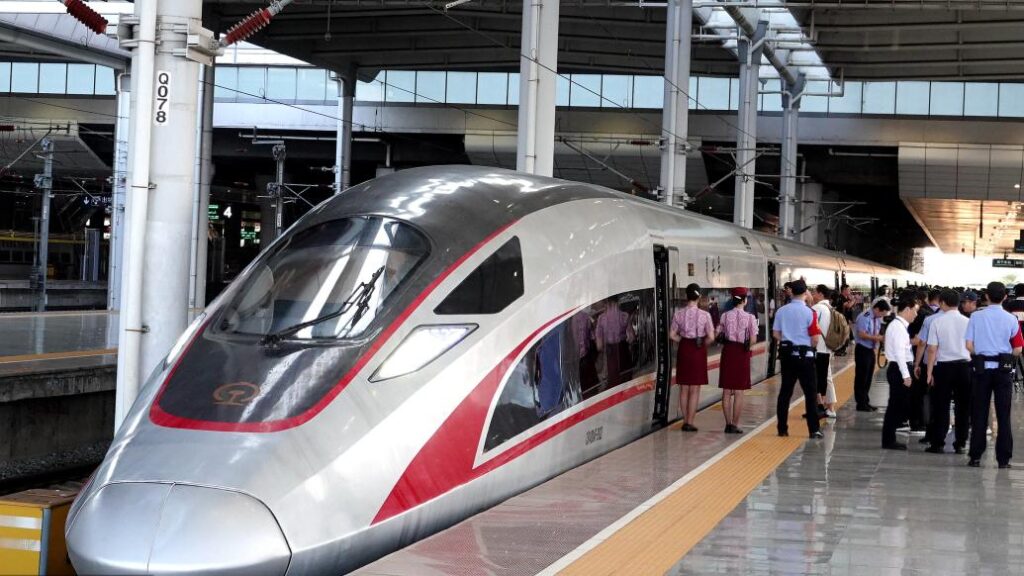
This network allows travelers to cover vast distances quickly and comfortably.
Metro Systems
Many cities have expanded their metro systems, providing efficient and affordable transportation options for tourists.
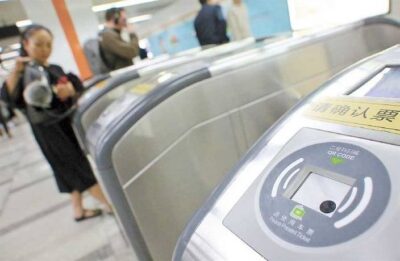
These systems are well-connected to major attractions, making it convenient for visitors to explore urban areas.
Airport Facilities
China has invested heavily in upgrading its airport facilities, ensuring that they meet international standards.
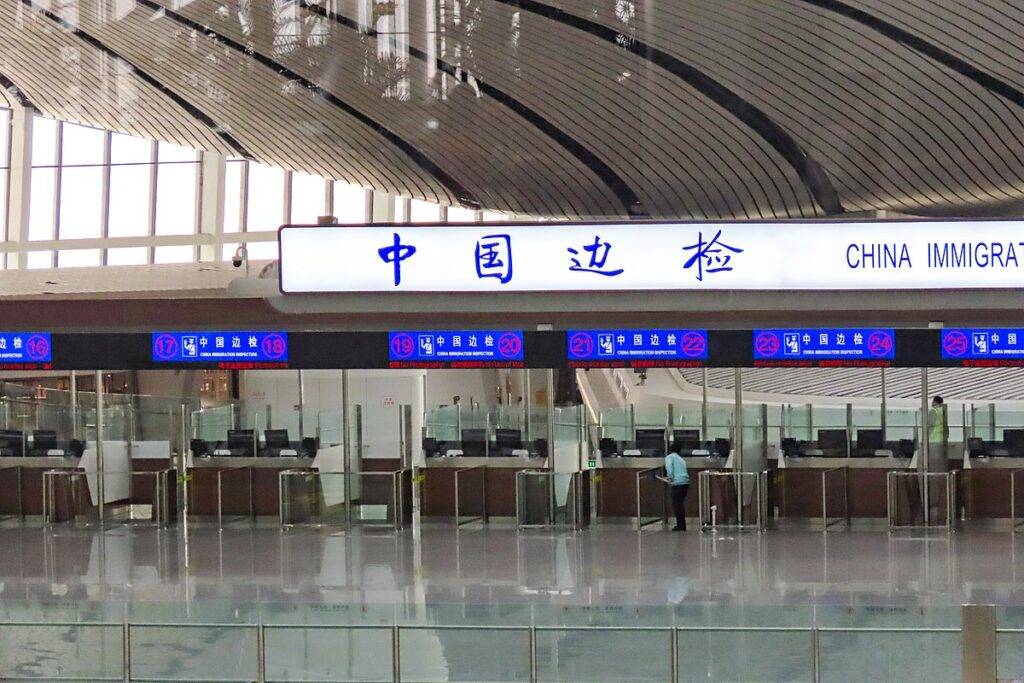
Modern terminals, efficient customs procedures, and improved signage in multiple languages contribute to a smoother travel experience.
Enhanced Accommodation Options
The hospitality industry in China has also evolved to cater to the needs of international travelers. From luxury hotels to budget-friendly hostels, there are accommodation options to suit every preference and budget.
Luxury Hotels
Major cities boast a range of luxury hotels offering world-class amenities and services. These establishments often feature international dining options, spa facilities, and personalized services to ensure a comfortable stay.
Budget-Friendly Hostels
For budget-conscious travelers, there are numerous hostels and guesthouses that provide affordable yet comfortable accommodations. These options are particularly popular among backpackers and solo travelers.
Multilingual Services
Language barriers can be a significant challenge for foreign travelers. To address this, China has implemented multilingual services across various sectors, including tourism, hospitality, and transportation.
Tourist Information Centers
Tourist information centers in major cities and tourist spots now offer assistance in multiple languages. Staff members are trained to provide information and support to international visitors, ensuring they have a pleasant experience.
Signage and Guides
Signage in tourist areas, public transportation, and airports is now available in several languages, including English. Additionally, many tourist attractions offer guided tours in multiple languages, making it easier for visitors to understand the historical and cultural significance of the sites.
Technological Advancements
China has embraced technology to enhance the travel experience for foreign visitors. From mobile payment systems to travel apps, these innovations have made it more convenient for tourists to navigate and enjoy their trips.
Mobile Payment Systems
Mobile payment systems like Alipay and WeChat Pay are widely accepted across China.

Foreign travelers can now link their international credit cards to these platforms, allowing for seamless transactions without the need for cash.
Travel Apps
Various travel apps provide valuable information and services to tourists. These apps offer features such as language translation, navigation, and recommendations for dining and attractions, making it easier for visitors to plan and enjoy their trips.
Conclusion
China’s commitment to improving services for foreign travelers has significantly contributed to the country’s booming inbound tourism industry.
By streamlining visa processes, enhancing transportation infrastructure, offering diverse accommodation options, providing multilingual services, and embracing technological advancements, China has made itself an even more attractive destination for international visitors.
As these improvements continue to evolve, the future of tourism in China looks brighter than ever.
